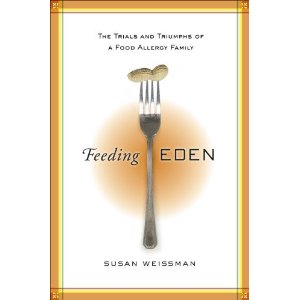No Goodie Bags, No Peace!
 June 18
June 18 A Giveaway That Won't End Up In the Trash. We Hope.Last summer, the season that my boys turned 6 and 8, I told them we were done with goodie bags. "I just don't want to perpetuate the plastic junk," I told them. "We're going to give everyone a book instead."
There were, unfortunately, grumbles.
In order to ban goodie bags, it is important first to understand why they hold such appeal. The joy is all in the discovery. When those small hands first hold that bag, anything at all could be inside. Oh, the variety! The discovery! But one day later (and sometimes sooner than that) all that treasure is on the floor of your home. And unless mucho money is spent, the things in that back are sub-standard. There may be an underwhelming box of crayons, or a bouncy ball, or a molded plastic figure. Or candy.
So to try to capture a bit of this magic, my turning-8-year-old I bought a stack of "Choose Your Own Adventure" books. They are published by a little Vermont company, and many of the titles are the same as when I was reading them.* We wrapped them in different papers, and nobody knew what title they were getting until they opened them at the end of the party.
My younger son was trickier, because not all the kindergarteners read (including my own.) But then we happened to find a paper airplane book to give away, and peace reigned in the kingdom.
This year, I stuck to the same No Goody Bags policy. My now-9-year-old and I chose sketchbooks. I found a dozen fancy-feeling hardback books at Blick.com. We personalized them with each child's name on the title page.
Et voila! A gift we can be proud of.
*Dating myself! Again.
Thank you to Megan at http://www.sortacrunchy.net and Your Green Resource for linking to this post! I adore Your Green Resource.




